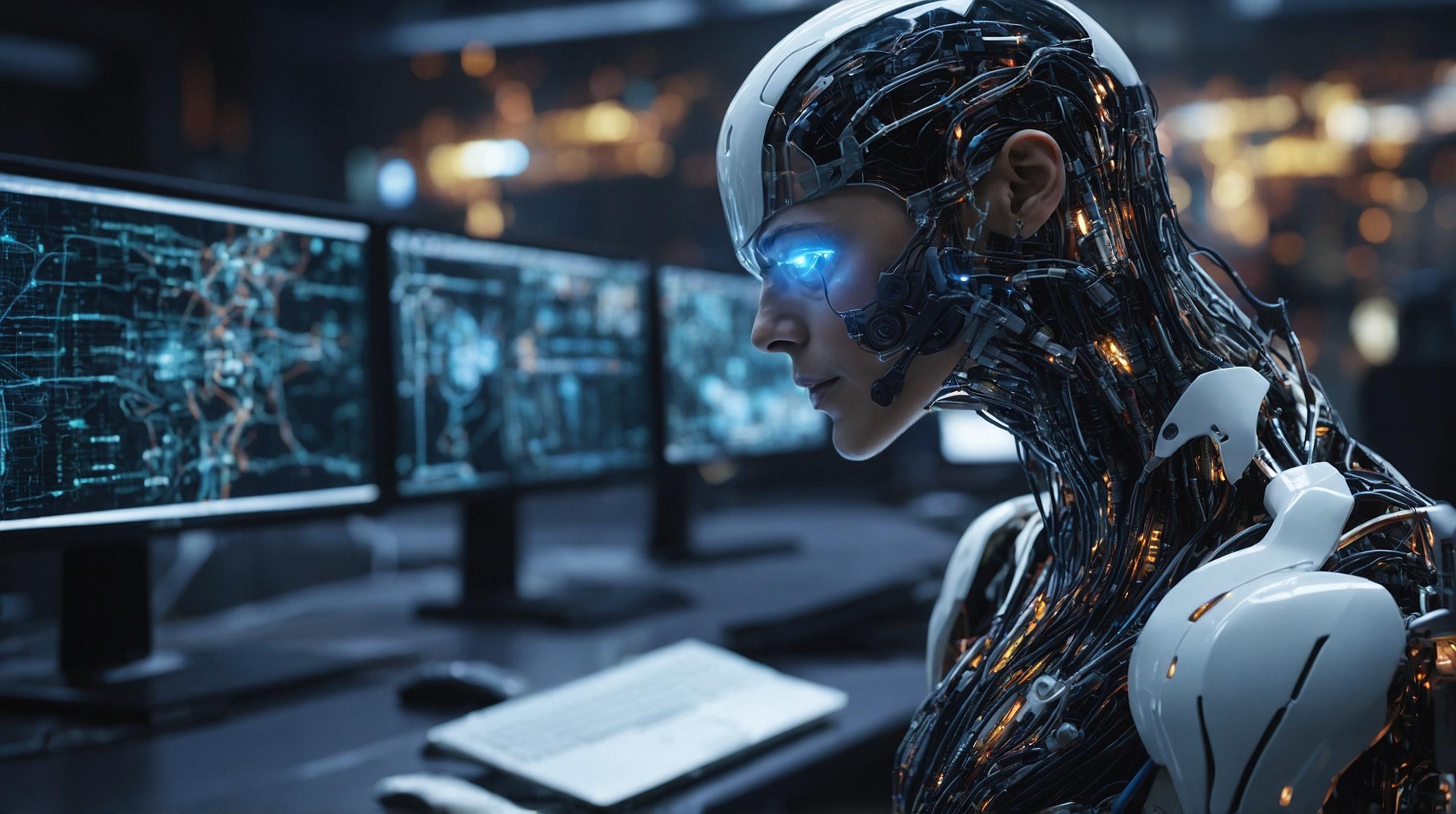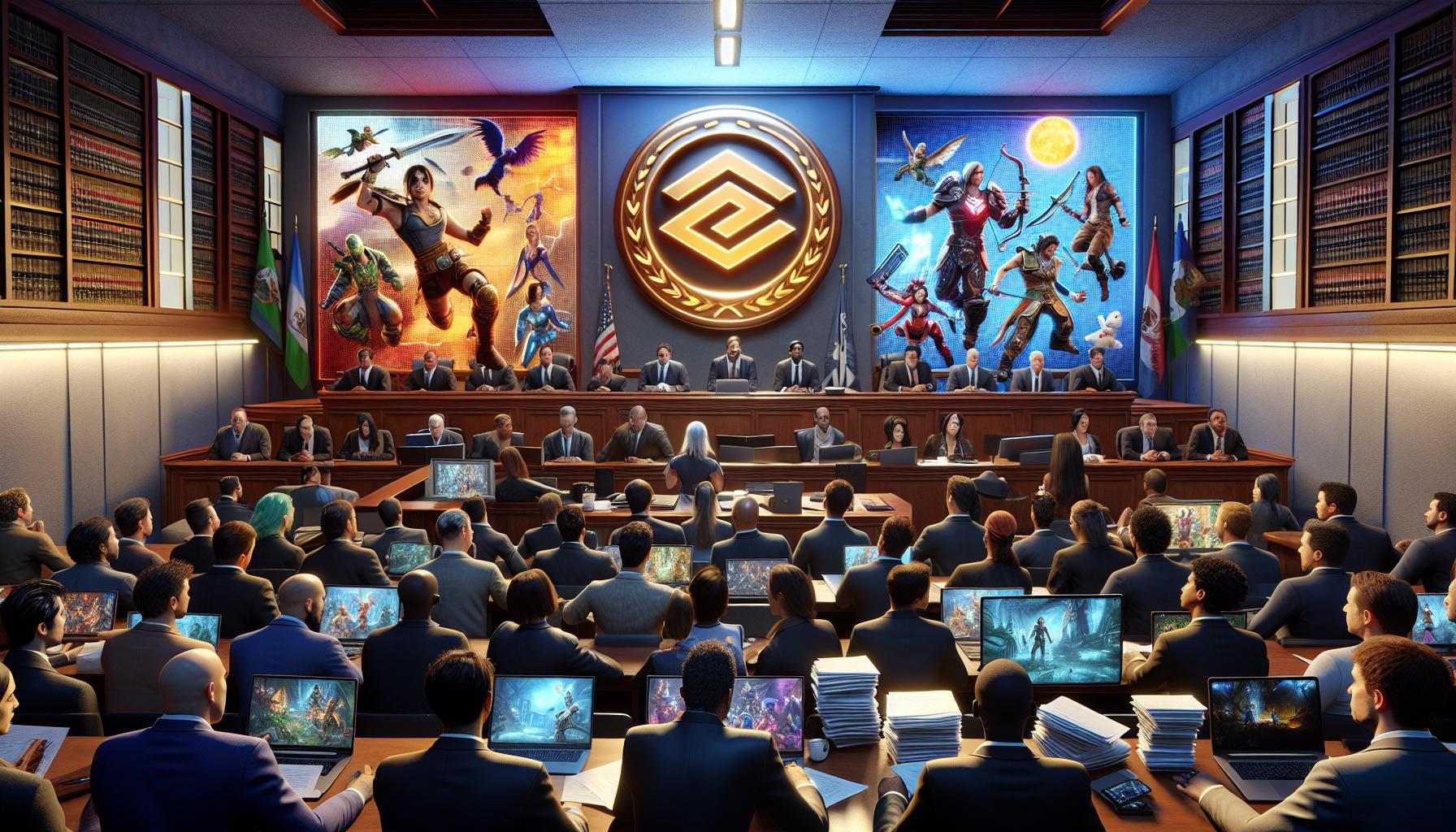The Challenge at DEF CON
At the recent DEF CON conference, the Defense Advanced Research Projects Agency (DARPA) hosted a competition with a lofty goal: to use Artificial Intelligence (AI) to find and fix vulnerabilities in software automatically. This is a significant aim because software vulnerabilities can lead to security breaches. Think of it as finding and patching holes in a digital fence to keep intruders out.
The Competition
DARPA brought together 90 teams that worked on building autonomous agents. These are like digital detectives that search for issues in open-source software, which is software with code available for anyone to view and use. By the end of the competition, the teams had identified 22 new vulnerabilities, fixing 15 of these automatically.
One standout achievement came from Team Atlanta, which discovered a new issue in SQLite, a widely used database engine. This is akin to finding a hidden flaw in a commonly used household appliance, making it a significant discovery.
Why is This Important?
Currently, there are far more vulnerabilities than there are experts available to fix them. The hope is that AI can act as a massive force multiplier, speeding up the process of finding and fixing these issues. Perri Adams from DARPA explained that AI could revolutionize how we handle software bugs, offering a new layer of security.
The Road Ahead
The competition is ongoing, with seven teams advancing to the final round. These finalists have until next year to refine their AI tools before competing again at DEF CON. The prize money totals $29.5 million, showing just how important this project is to national security and software reliability.
Potential Benefits
Using AI for this purpose has several benefits. First, it can process millions of lines of code much faster than a human. Imagine trying to find a typo in an encyclopedia by reading it page by page versus using a computer program to highlight the error. Furthermore, this technology could be released as open-source, meaning other developers can use and improve it, benefiting everyone.
Challenges and Ethical Concerns
However, there are hurdles. Dan Guido from Trail of Bits, a cybersecurity team, highlighted that creating a system that finds real vulnerabilities without false alarms is difficult. Plus, there's the challenge of ensuring the AI doesn't propose a fix that causes more issues than it solves.
Government Involvement
The Biden administration views open-source security as a priority, as evidenced by recent reports and initiatives. The goal is to make vital software systems, like those in energy and water infrastructure, more secure.
In summary, DARPA's competition is a promising step towards using AI in cybersecurity. While challenges remain, the potential benefits in making software systems more secure are vast, highlighting an exciting frontier in tech innovation.













